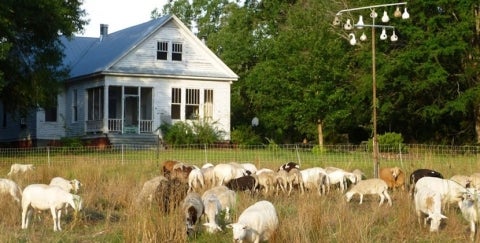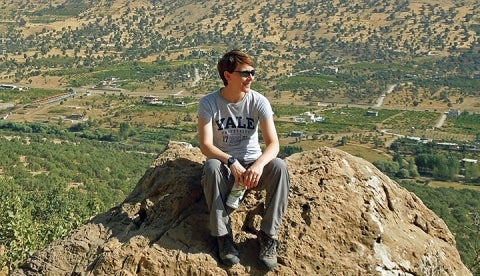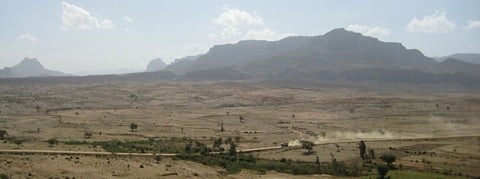Sifting Through the ‘Noise’ To Assess Health of Tropical Forests
Some of the things that made Prof. Liza Comita want to study tropical forests in the first place are the same things that can make it a rather daunting field of research. And they raised some of the questions she has been trying to answer during more than a decade as researcher and professor.
 Two Run Farm keeps its lambs in open pastures with their mothers to a healthy age.
Two Run Farm keeps its lambs in open pastures with their mothers to a healthy age.
 Carina Roselli in Kurdistan during the summer of 2013.
Carina Roselli in Kurdistan during the summer of 2013.
 <p class="p1"> The arid landscape of the Tigray Region in Ethiopia where API is growing oil crops for biodiesel.</p>
<p class="p1"> The arid landscape of the Tigray Region in Ethiopia where API is growing oil crops for biodiesel.</p>